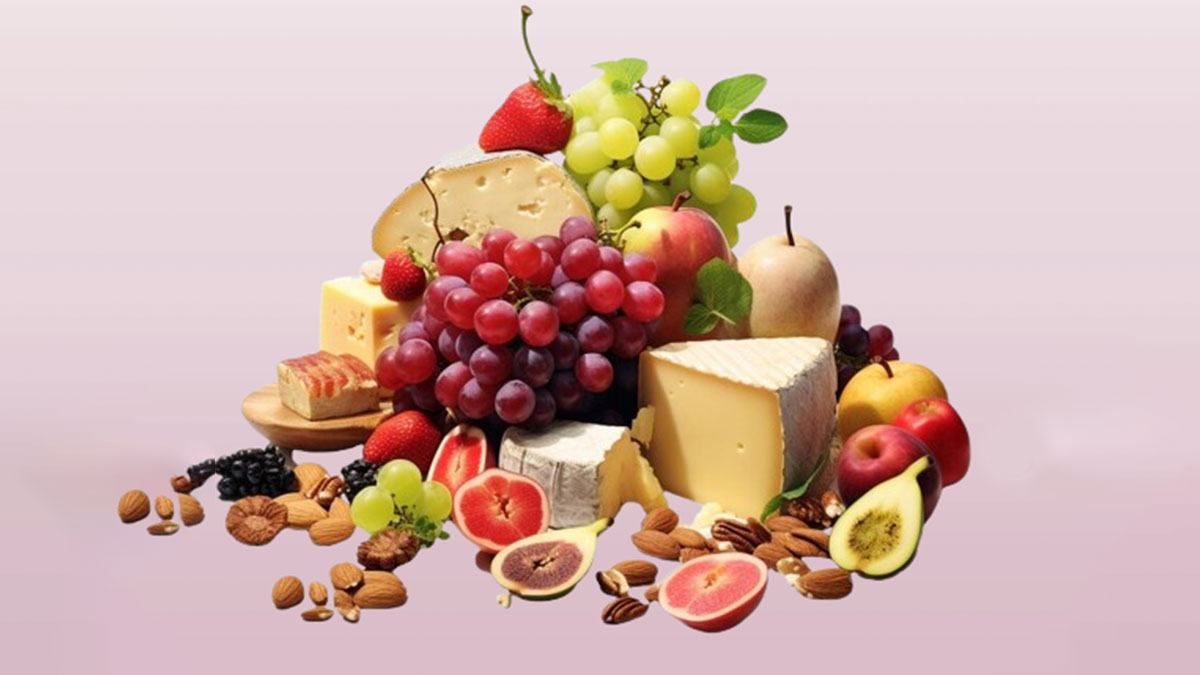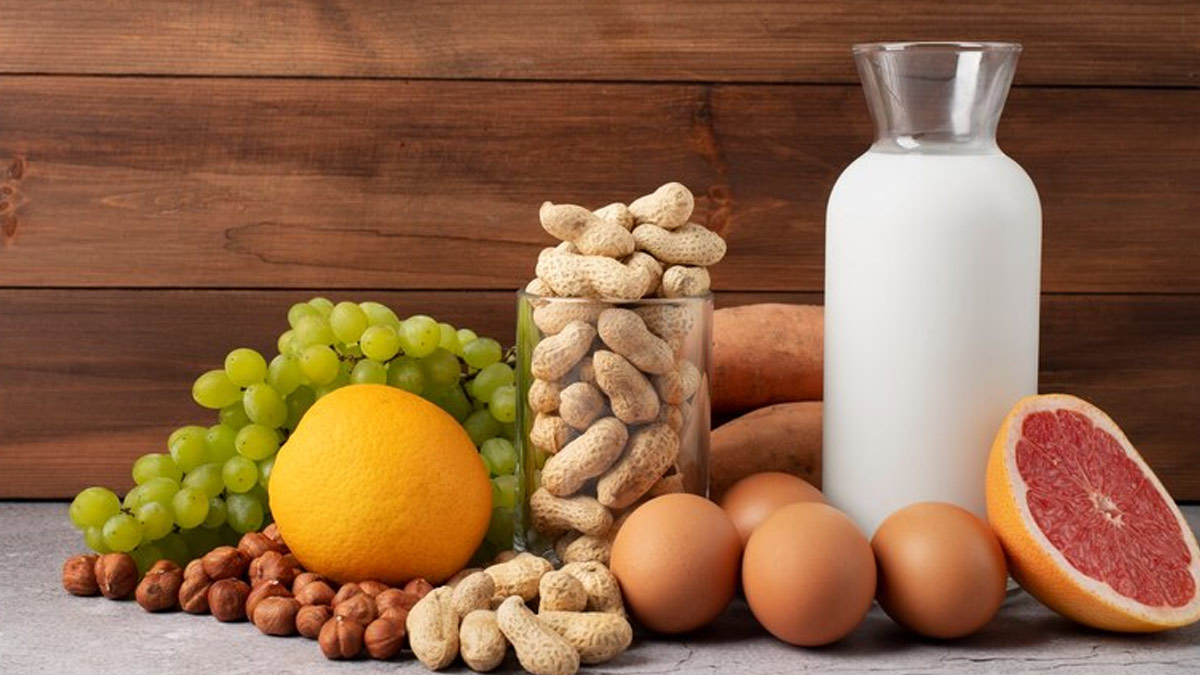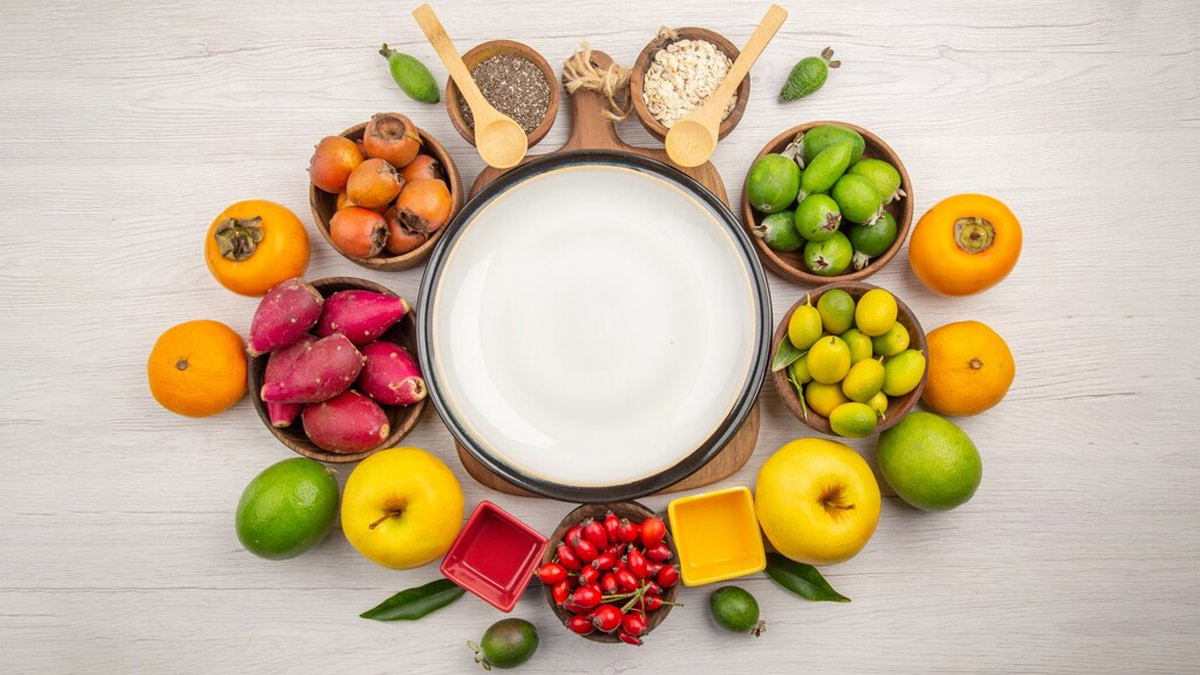
Ayurveda, an ancient system of medicine originating in India, emphasises the importance of maintaining balance in the body, mind, and spirit for overall well-being. According to Ayurveda, improper food combinations can disrupt digestion, create toxins (ama), and contribute to various health issues.
Table of Content:-
Dr Ganesh Chaudhary, Bachelor of Ayurvedic Medicine and Surgery (BAMS), PHC, Darbhanga, Bihar suggested, some food combinations that Ayurveda suggests avoiding for optimal digestion and health:
Fruits and Dairy Products
“Certain fruits, such as bananas, strawberries, pineapple, limes, and oranges, generate heat during digestion. Milk, on the other hand, functions as a coolant. When these fruits are digested, they turn sour. When milk and these fruits are mixed, their mutually antagonistic characteristics can aid to soothe the digestive system,” said Dr Chaudhary. “The enzyme system is blocked, resulting in the production of toxins. As a result, your gut flora may become unbalanced, resulting in colds, coughing, phlegm, and allergies owing to the frequent use of milk and fruits,” Dr Chaudhary added.

Also read: Navratri Diet Tips: What Ayurveda Says About How You Can Eat Your Dry Fruits
Milk with Sour Fruits
“Consuming milk with sour fruits like oranges, lemons, or strawberries is discouraged in Ayurveda. The combination is believed to be incompatible and may lead to digestive disturbances,” said Dr Chaudhary.
Honey with Hot Liquids
Heating honey is considered a strict no in Ayurveda as it can create toxins. Mixing honey with hot liquids, like tea or coffee, is thought to diminish its therapeutic properties and may produce harmful substances.
Bananas with Dairy or Cold Foods
Ayurveda advises against combining bananas with dairy or cold foods. This combination is believed to create heaviness and may disturb digestion.
Radishes with Milk
Ayurveda cautions against combining radishes with milk, as it is thought to lead to digestive issues. Radishes are considered heating, while milk is cooling, and the combination may disrupt the balance.
Melons with Other Foods
Melons are advised to be consumed alone and not combined with other foods. Ayurveda suggests that melons digest quickly, and combining them with slower-digesting foods can lead to fermentation and bloating.
Fish and Milk
The combination of fish and milk is discouraged in Ayurveda due to the belief that these two protein sources have different qualities and digestive processes. Consuming them together may lead to digestive discomfort.
Nightshade Vegetables with Dairy
Nightshade vegetables like tomatoes, peppers, and eggplants are advised to be avoided with dairy, as they are thought to create an imbalance in the doshas (Vata, Pitta, and Kapha) and disrupt digestion.

Yogurt with Sour Fruits
Ayurveda suggests avoiding the combination of yogurt with sour fruits, as it may create an imbalance in the digestive fire (agni) and lead to issues such as bloating and gas.
Radishes with Honey
Combining radishes with honey is discouraged in Ayurveda. The contrasting qualities of these two substances may lead to an imbalance in the digestive system.
General Ayurvedic Tips for Healthy Eating
- Mindful Eating: Eat in a calm and peaceful environment, paying attention to your food and enjoying each bite.
- Balanced Meals: Include a variety of tastes (sweet, sour, salty, bitter, pungent, and astringent) in your meals to balance the doshas.
- Seasonal Eating: Choose seasonal and locally available foods for better digestion and overall health.
- Proper Food Combining: Ayurveda emphasises the importance of combining foods thoughtfully to support optimal digestion and nutrient absorption.
It's important to note that Ayurvedic recommendations may vary for individuals based on their unique constitution and imbalances. Before making significant dietary changes, it is advisable to consult with an Ayurvedic practitioner or healthcare professional for personalised guidance.
Also watch this video
How we keep this article up to date:
We work with experts and keep a close eye on the latest in health and wellness. Whenever there is a new research or helpful information, we update our articles with accurate and useful advice.
Current Version
